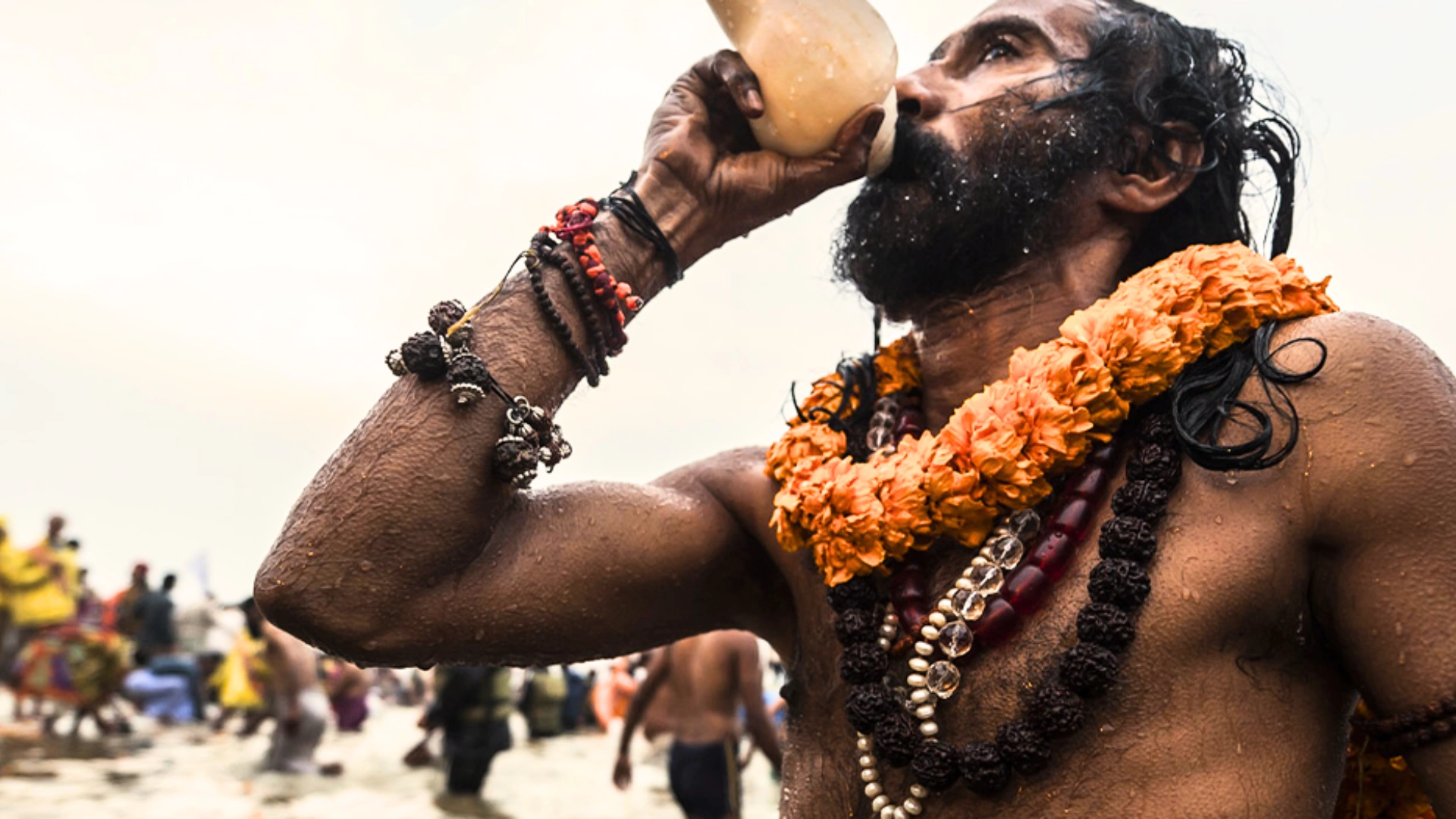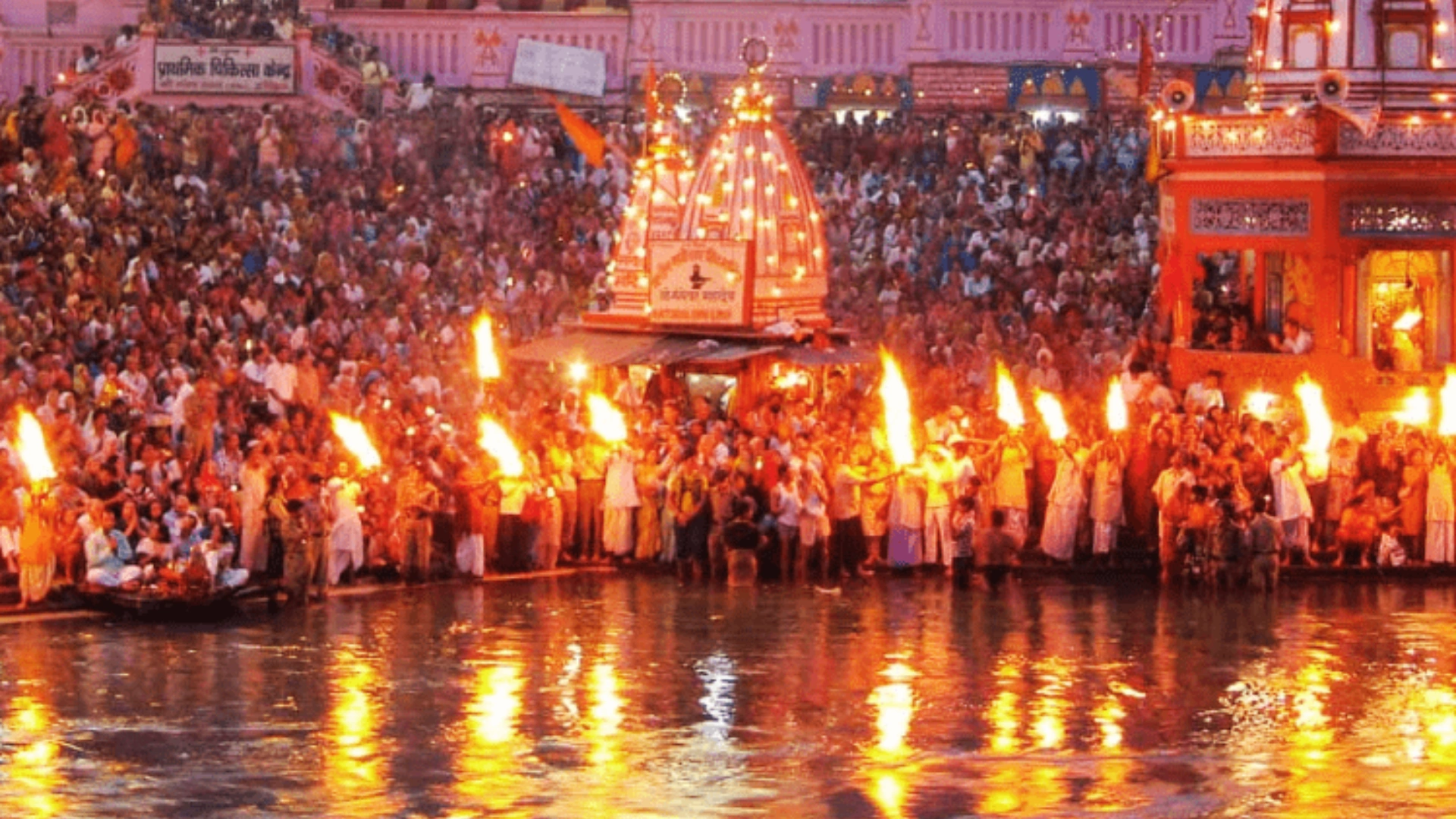In a world where weddings are often defined by luxury and extravagance, the Bhatia family from Isri village, Gujarat, chose a refreshing and meaningful alternative for their son’s wedding procession. Breaking away from modern trends, they opted for a bullock cart procession, symbolizing a return to their cultural roots. The decision, made by the groom’s father, Jayesh Bhatia, was a powerful statement about preserving heritage over opulence.
A Symbol of Simplicity and Tradition
On Monday night, 27-year-old Harsh Bhatia, a manager at an Ahmedabad car dealership, traveled to the village temple in a decorated bullock cart, accompanied by the sounds of traditional dhol and shehnai music. Unlike the typical wedding procession where the groom travels in a luxury car, Harsh’s procession was a serene, spiritual experience, complete with the jingling bells on the cart.
The absence of loud DJ music and flashy displays emphasized the simplicity and cultural significance of the occasion. For the Bhatia family, it was a way to celebrate not just the union of two people, but the rich traditions that have been passed down through generations.
A Father’s Vision: Reviving Heritage
Jayesh Bhatia, Harsh’s father, has been planning the traditional procession for over a year. As a teacher, he felt deeply concerned about the growing trend of extravagant wedding processions that put financial strain on families. In an interview with TOI, he explained: “Even families with modest means are now spending excessively on wedding processions, often at the cost of their finances. More troublingly, our rich marriage traditions are being forgotten.”
For Jayesh, this wedding was an opportunity to remind the younger generation about the beauty of simplicity and the importance of honoring cultural heritage. The bullock cart procession was his way of combating the culture of materialism and excess that has increasingly dominated modern weddings.
Harsh’s Message: Simplicity Over Extravagance
For Harsh, the choice to opt for a bullock cart was not just about honoring tradition; it was about making a statement. “I wanted my wedding to stand out, not for its grandeur, but for its simplicity and respect for our culture,” Harsh shared. “We wanted to send a message to the younger generation that preserving our cultural values is more important than indulging in excessive displays of wealth.”
The procession, which could have easily been an elaborate showcase of luxury, became a powerful statement of simplicity, celebrating the couple’s cultural roots over showmanship. It was a reminder to peers and the community about the true significance of such rituals.
A Shift in Wedding Invitations: Emphasizing Cultural Values
In keeping with their commitment to honoring tradition, the Bhatia family also made a notable change to their wedding invitations. Instead of the usual term “varghodo” (groom’s procession), they chose “Dev Darshan”, a phrase reflecting the spiritual and cultural significance of the ceremony over materialistic aspects.
Harsh proudly expressed, “I’m glad to fulfill my father’s wish of reviving our traditional wedding practices.” The wedding, which focused on spiritual significance, became a celebration of heritage, sending a message to both the family and the wider community about the importance of maintaining cultural identity.
A Timely Reminder of Cultural Heritage
The Bhatia family’s decision to forgo the usual wedding extravagance and opt for a traditional procession is a refreshing example of prioritizing values over materialism. In an age where weddings are often characterized by grandeur, their choice offers a meaningful alternative that is grounded in simplicity and cultural preservation.
This bullock cart procession, complete with traditional music and spiritual focus, serves as a gentle reminder for future generations to appreciate and protect the rich cultural heritage that defines Indian weddings. It is a call to return to simpler, more meaningful celebrations that honor history and family values over excessive displays of wealth.
MUST READ: Sukpak’s Remarkable Journey; Flies Nearly 3,676 Km From North Pole To Rajasthan

















